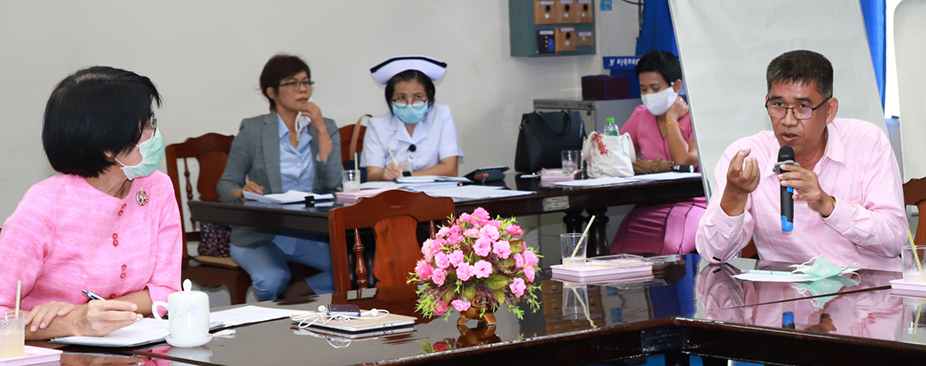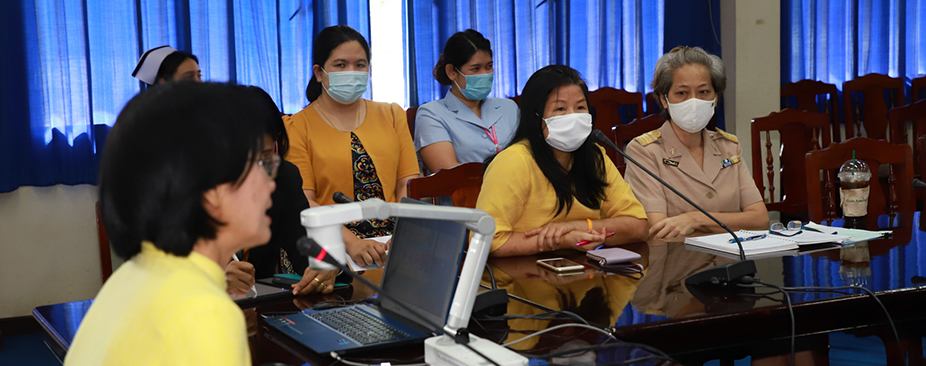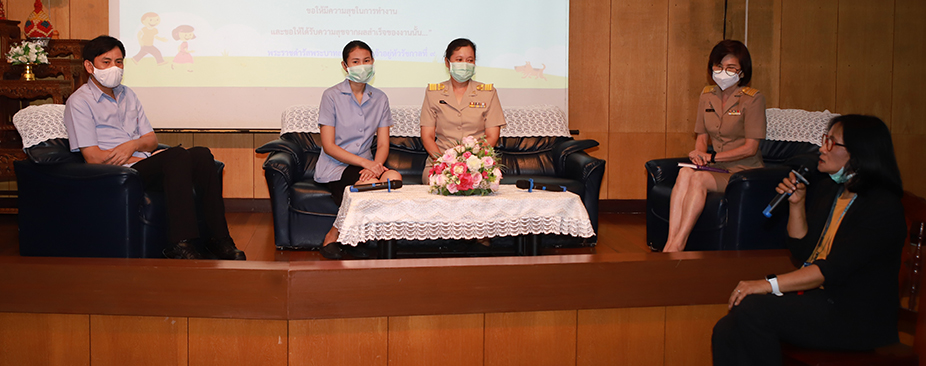ศูนย์ความเป็นเลิศด้านการส่งเสริมสุขภาพผู้สูงอายุ
วิทยาลัยพยาบาลพระปกเกล้า จันทบุรี
บทคัดย่องานวิจัย/ผลงานวิชาการ
The Effectiveness of a Self-Management Program on Self-Management Behaviors, Dyspnea, and Quality of Life Among Elderly Thais With Congestive Heart Failure
Title
The Effectiveness of a Self-Management Program on Self-Management Behaviors, Dyspnea, and Quality of Life Among Elderly Thais With Congestive Heart Failure
Authors
Ladawan Ritklar, MN.S (Adult nursing), RN. Chodchoi Wattana, Ph. D (Nursing), MN.S (Adult nursing), RN.
Contact address : Faculty of Nursing, Thammasat University (Rangsit campus),
Parichart building, floor10th , Klong Luang district, Pathumthani, Thailand, 12120
Contact method: e-mail
E-mail address: This email address is being protected from spambots. You need JavaScript enabled to view it.
Abstract
Background Heart failure has been identified as a leading cause of death in Thai people. Promoting proper self-management would help control the disease and reduce its complication.
Objective This experimental research was to examine the evaluated of a Self-Management Program on self-management behaviors, dyspnea, and quality of life among Thai elderly patients with congestive heart failure
Methods and Results A total forty-eight heart failure patients (aged 63.75 ±13.98) who met the research criteria were randomly assigned into the experimental and control groups with the similar in terms of severity of disease. The experimental group received the self-management program and education manual. The control group received the usual nursing care. Research instruments composed of self-management heart failure programs and self-management behavior questionnaire developed by the researcher base on the theories of self-management (Creer, 2000), Modified Borg’s score for Dyspnea, and The Minnesota living with heart failure questionnaire for quality of life. Data were analyzed using, paired t-test, repeated measure analysis of variances, and multivariate of variances. Findings indicated that the experimental group demonstrated a statistically significant lower dyspnea score than baseline and than the control group, and showed a statistically significant higher self-management behavior score and quality of life scores than base line and than the control group.
Conclusions It can be concluded that self-management programs can increase self-management behaviors for disease control, reduce dyspnea, and improve the quality of life for elderly Thais with heart failure. Further study should be replicated using larger group over a longer time frame
Keyword(s): self-management program, self-management behaviors, dyspnea, quality of life, elderly Thais with congestive heart failure








